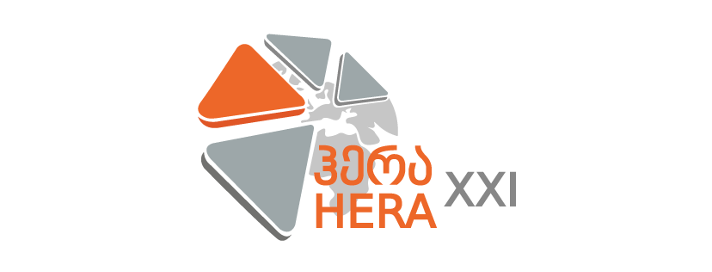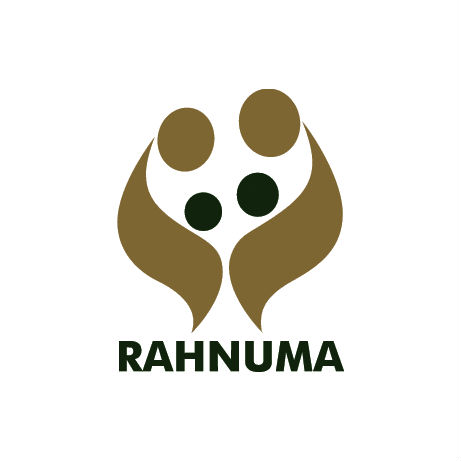

| 31 March 2016
Association HERA XXI - Georgia
Association HERA XXI was registered as a non-governmental organization (NGO) in 1997 and joined IPPF as an Associate Member in 2000. The organization has associated clinics across the country, focusing on some of the poorest regions (including Samtskhe-Javakheti and Adjara) where the need for sexual and reproductive health (SRH) services is most acute. The Member Association has a strong youth focus, running peer educator programmes, involving young people at a high level in the organization’s structure. Young people are encouraged to devise, develop, implement and deliver their own projects. The need for change in gender attitudes amongst men is substantial and male peer educators receive additional training in this area. HERA XXI runs a counselling centre on sexually transmitted infections (STIs) including HIV and AIDS, and it has undertaken a range of highly focused HIV and AIDS projects for migrant workers, particularly during the construction of the Baku–Tbilisi–Ceyhan pipeline (running from the Caspian coast in Azerbaijan to the Mediterranean coast in Turkey). These projects involved intensive information, education and communication (IEC) activities with local medical professionals, local communities, sex workers and site workers. HERA XXI fights against unsafe abortion. The Member Association trains health professionals coming from different regions in Georgia on safe abortion. Its intensive advocacy has resulted in a partnership with the Ministry of Health against unsafe abortion. Contacts Website: www.hera-youth.ge/ Facebook: https://www.facebook.com/AssociationHeraXXI

| 31 March 2016
Rahnuma-Family Planning Association of Pakistan
Rahnuma (formerly the Family Planning Association of Pakistan or FPAP) started serving poor and marginalized people in Pakistan as the Family Planning Association of Pakistan (FPAP) in 1953. After over 50 years of momentous achievements, the FPAP felt that its name did not fully reflect the scope of its work. It renamed itself ‘Rahnuma’, an Urdu word meaning 'one who shows the path and provides direction'. Rahnuma was one of the pioneers in providing family planning services and advocating for spacing of childbirth and for smaller families. The government later embraced the cause by establishing the Ministry of Population Welfare. In the space of a decade, Rahnuma grew from a single clinic, based in 1 room in Karachi, to a large-scale operation with an infrastructure of district branches offering model clinics and information and educational facilities. Today, the network operates nearly 5,000 service points, comprising 118 permanent clinics, 11 mobile units, 191 associated clinics and over 2,000 community-based distributors/services (CBDs/CBSs). It also handles referrals to over 2,143 private physicians. Rahnuma has developed innovative programmes to increase access to high-quality, affordable health services. It has advocated for a rights-based approach to sexual and reproductive health (SRH), for the empowerment of particular groups within communities (especially women and young girls), and for the strengthening of civil society in Pakistan. As the sexual and reproductive health and rights (SRHR) agenda has shifted over the years, Rahnuma has increasingly embraced SRHR in the context of national development and poverty alleviation, owing to the direct connection between socio-economic conditions and health and well-being. Contacts Website: http://www.fpapak.org Facebook: https://www.facebook.com/rahnuma.fpap.9 Twitter: https://twitter.com/Rahnuma_FPAP







